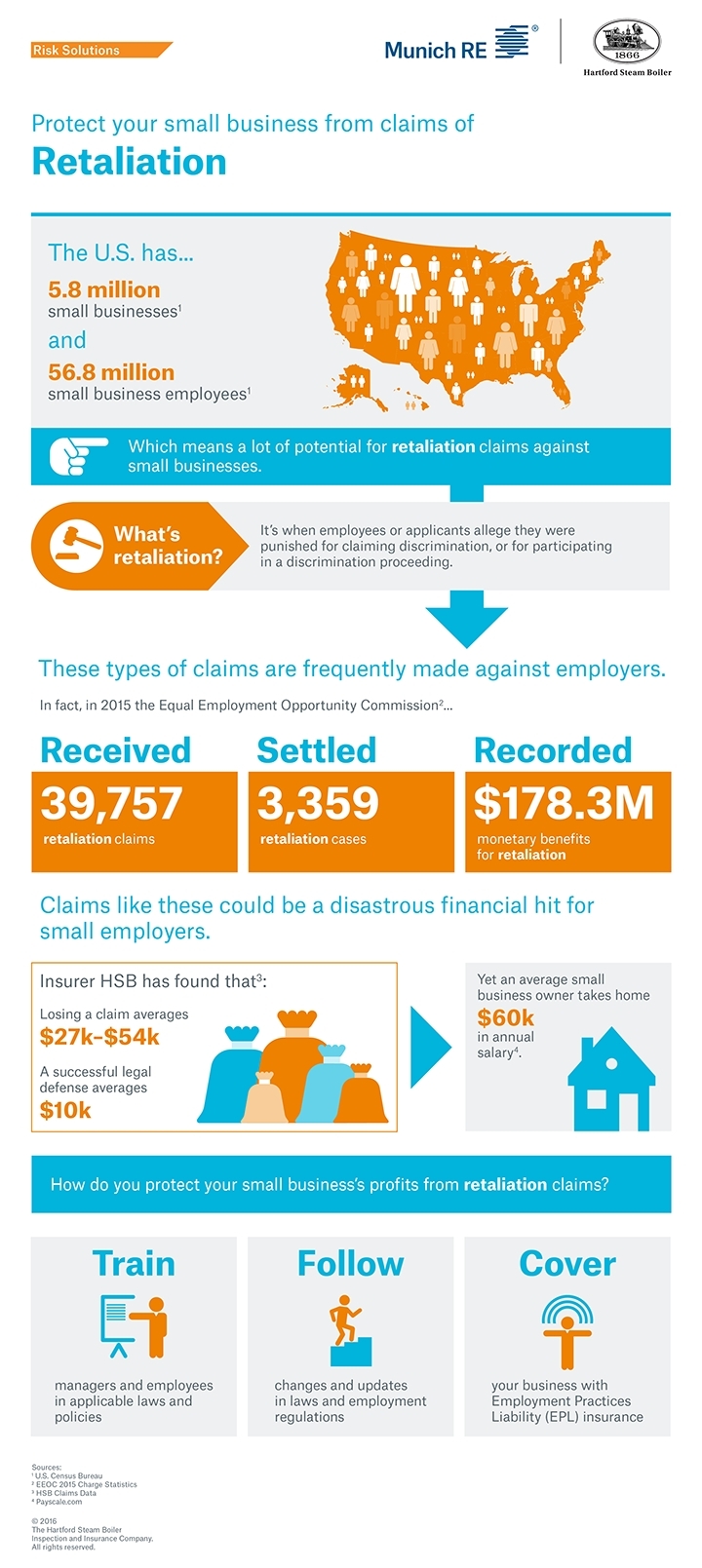Warning Signals Abound; Are Small Business Leaders Listening?
Editor's Note: This is JoAnn Laing's monthly blog.
When Staples opened its first store, stationary establishments were amongst the most profitable retail operations in America.
Within 15 years they were losing money and have almost disappeared from most shopping areas.
For those owners who did not heed the warnings blared at them by their fellow owners and trade press at the time they lost everything.
It is no different in today’s rapidly changing world.
As consumers and business purchasers change their buying habits, many small businesses are getting left behind.
Therefore it is important that even the most successful small business leader should take lessons from birds.
A recent study of wild birds found that different species learn the warning calls of other forest creatures.
Moreover, they learn what the calls mean and if the predator can be targeting them.
The landscape is evolving quickly and even the most mundane small business will be affected.
There are many venues preaching the need for change.
They are the distant drumbeats warning of danger to profits that can’t be ignored.
However, for many managers buried in day-to-day activities these warning signals are not being heard.
Only when the threat of a new technology approach becomes immediate is action taken.
By then it may be too late.
Warning calls are all about us, it is important to hear, heed them.
In business there is a need to be familiar not only with one’s industry and competitors but other sectors.
Then too, economic, social, and financial trends also affect any small businesses.
When the economy shrinks, some small businesses are affected to a greater extent than others.
Likewise, as the economy expands, some small businesses are negatively impacted.
For an individual small business the first warnings signs come when customers stop reordering; phone calls are ignored; products are returned; store traffic slows; etc.
When this happens, it is important to listen to:
* Customers
* Suppliers
* Employees
* Other industry participants
* Trade press
* Family/friends
What is heard may shock, but it is the key to learning.
Today, small business leaders need to learn quickly or get left behind.




